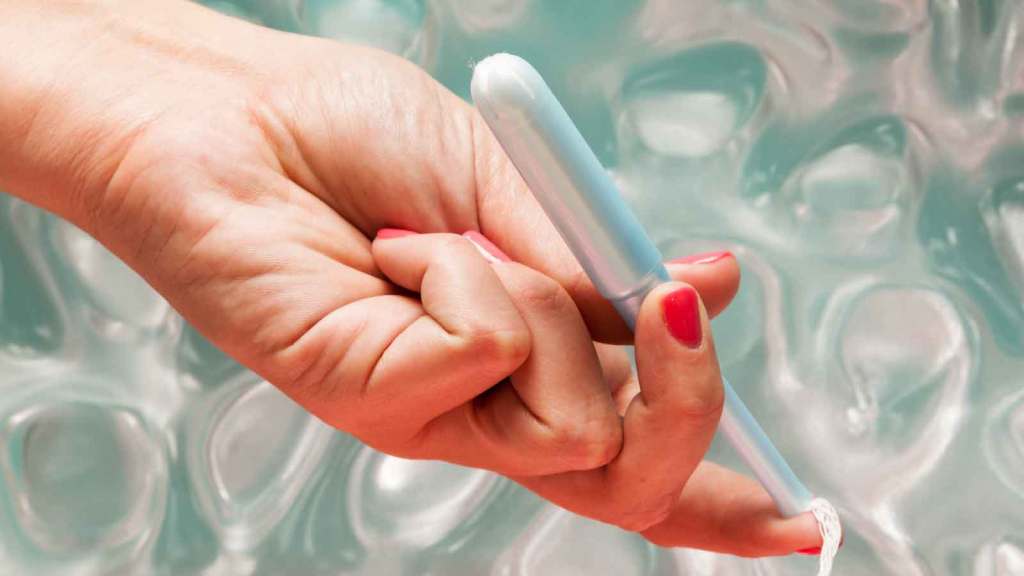Scotland has reignited the period poverty conversation by announcing its plans to make sanitary items, like pads and tampons, free.
Scottish MPs have backed plans to offer sanitary items at public places like pharmacies, youth clubs and community centres, as reported by the ABC.
The proposal was first drafted in 2017 by MP Monica Lennon.
“These are not luxury items,” Lennon said. “We are changing the culture and it’s really exciting that other countries right around the world are watching very closely to see what we do.”
So what exactly is Australia doing?
At the moment, Victoria is the only state to offer free sanitary products. But, this program is only taking place in public schools. The Victorian government implemented the change in mid-2019 and installed machines filled with sanitary items in at least one bathroom in each government school.
In November last year, South Australia announced its plan to introduce a similar “pilot program” to supply free pads and tampons in secondary public schools. There has been little information released as to when this program is being rolled out or specific details surrounding it.
On the whole, the other state governments around the country haven’t implemented any period poverty policy and it’s way overdue.
What needs to be done
TheLatch— spoke with Holly Crocket, Director of Advocacy and Community Engagement at Plan International Australia, about Scotland’s plans and how we can follow suit here in Australia.
“Plan International Australia applauds the Scottish Government’s decision to make period products free to all — the first country in the world to do so,” Crocket told TheLatch—.
“As the leading international charity for girls’ equality, we work around the world to raise awareness of the very real challenges — emotionally, financially and physically — that girls face during menstruation.”
Crocket revealed how girls around the world are facing period-related problems.
“These challenges are especially acute in many of the developing countries we work in. For instance, less than two weeks ago in India, almost 70 college students were made to strip and show their underwear to teachers to prove they were not menstruating,” she said.
“In Nepal, period stigma can even be life threatening, with many girls and young women forced into ‘menstrual exile’ huts for the duration of their periods. Tragically, some girls have suffocated and frozen to death in these huts.”
While the issues here in Australia aren’t the same, there is still room for improvement.
“Even in Australia in 2020 there’s still a great deal of stigma around menstruation — period poverty is a very real problem yet few people know about it because it is not talked about openly,” Crocket said.
“Girls are missing school at higher rates because they can’t afford menstrual hygiene products and feel uncomfortable discussing their periods with teachers or work colleagues. While there has been progress in Australia when it comes to period stigma — such as Victoria introducing free pads and tampons in all government schools and South Australia piloting a similar scheme — more needs to be done to smash the stigma and ensure all girls and women have access to appropriate products and can discuss their periods openly and without fear. Providing free period products is one way we can achieve this.”







